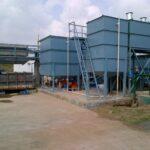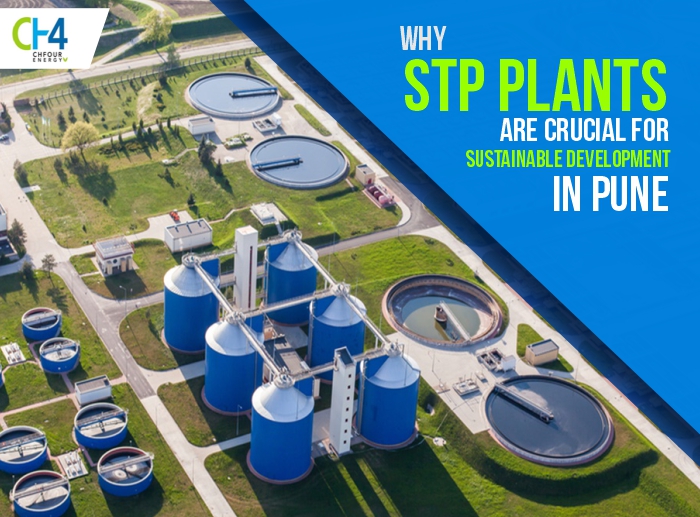Notifications

5 minutes, 6 seconds
-30 Views 0 Comments 0 Likes 0 Reviews

As one of India’s leading Smart Cities, Pune is undergoing rapid urban transformation driven by technology, infrastructure upgrades, and sustainability goals. But behind the metro rail lines, green buildings, and digitized services lies a less glamorous but vital component of the city's eco-friendly evolution: Sewage Treatment Plants (STPs).
STP plants in Pune play a critical role in reducing pollution, conserving water, and ensuring the city’s long-term livability. In this article, we explore how STP plants contribute to Pune’s smart city vision and why they are essential for sustainable urban growth.

Under the Government of India’s Smart Cities Mission, Pune was selected as one of the first 20 cities to be transformed into a model urban center. The goal?
To create citizen-friendly, eco-conscious, and tech-integrated urban areas with a focus on:
Efficient urban infrastructure
Digital governance
Clean energy
Smart waste and water management
Sustainable development
Among these, wastewater treatment and water reuse have emerged as priority focus areas — making STP plants a central pillar of urban planning in Pune.
With Pune’s population exceeding 7 million, the volume of sewage generated daily is massive. STP plants help:
Treat domestic and commercial wastewater efficiently
Prevent untreated sewage from polluting rivers like Mula and Mutha
Comply with Maharashtra Pollution Control Board (MPCB) discharge norms
Treated water from STPs is now widely used for:
Landscaping and gardening
Toilet flushing in housing complexes
Construction site applications
Industrial cooling systems
This reduces dependence on fresh water sources, crucial for a water-stressed urban area like Pune.
Many new residential and commercial projects in Pune include in-house STP systems to meet:
IGBC and GRIHA green building norms
RERA and PMC mandates for water reuse and sewage treatment
Smart city evaluation parameters for sustainability
By eliminating sewage overflow and groundwater contamination, STPs help:
Reduce disease outbreaks
Improve sanitation standards
Create a healthier urban environment
Pune has seen extensive deployment of STPs in:
Smart neighborhoods like Aundh-Baner-Balewadi (ABB)
Large housing societies and gated communities
IT parks and commercial hubs in Hinjawadi and Kharadi
PMC-run municipal STPs at Baner, Katraj, and Warje
Additionally, Pune Municipal Corporation (PMC) plans to add multiple new STPs under the JICA-funded project, aimed at treating over 700 MLD (Million Litres per Day) of sewage by 2025.
Pune’s STP infrastructure features modern, efficient technologies such as:
SBR (Sequential Batch Reactors)
MBBR (Moving Bed Biofilm Reactors)
MBR (Membrane Bioreactor Technology)
Tertiary Filtration and Disinfection Units
These systems ensure space-efficient, odor-free, and energy-conscious wastewater treatment, ideal for urban and high-density areas.
Cleaner rivers and reduced ecological degradation.
Recycling treated water reduces stress on natural sources like Khadakwasla Dam.
Projects with STP plants meet compliance standards and are more appealing to eco-conscious buyers.
Lays the foundation for integrating smart water meters, IoT-based STP monitoring, and data-driven urban management.
In the journey toward becoming a future-ready smart city, Pune cannot ignore the fundamental need for clean water and efficient waste management. STP plants are not just backend infrastructure — they are enablers of health, sustainability, and smart living.
As the city grows, the focus must remain on scaling STP plant in Pune, encouraging decentralized STP adoption in real estate, and ensuring robust maintenance to maximize long-term impact.

